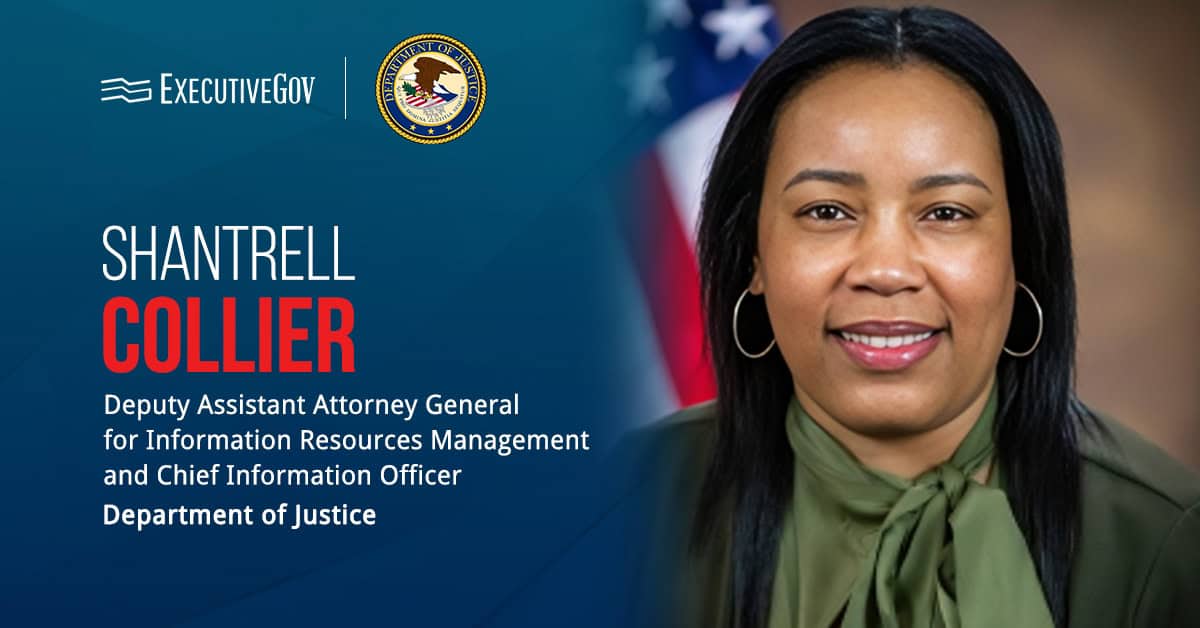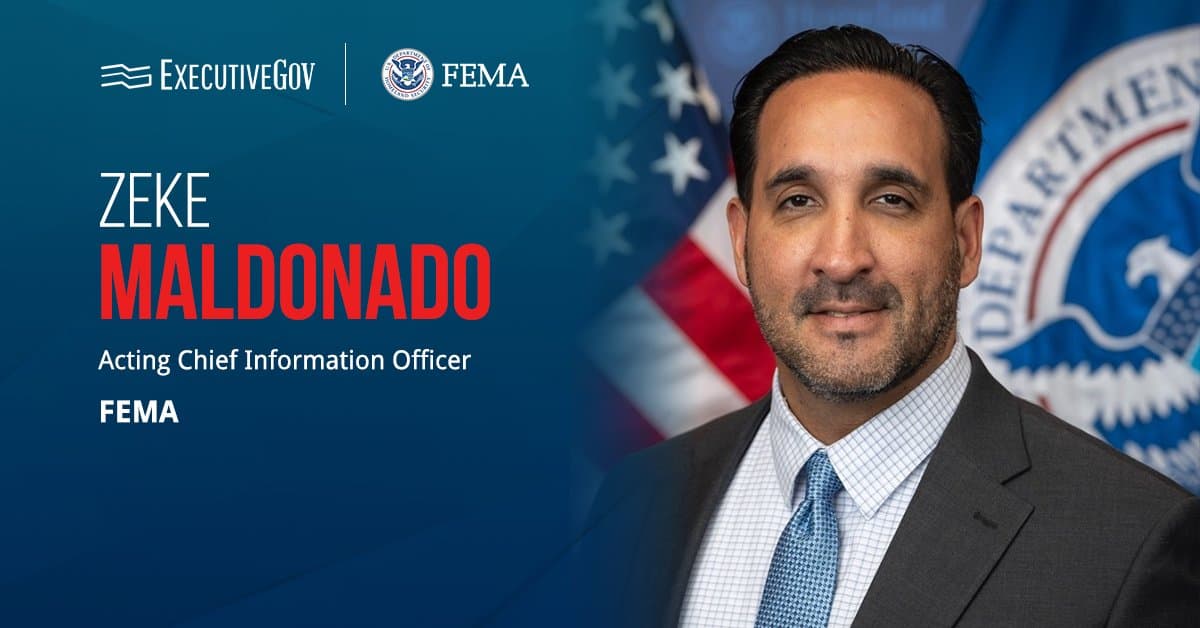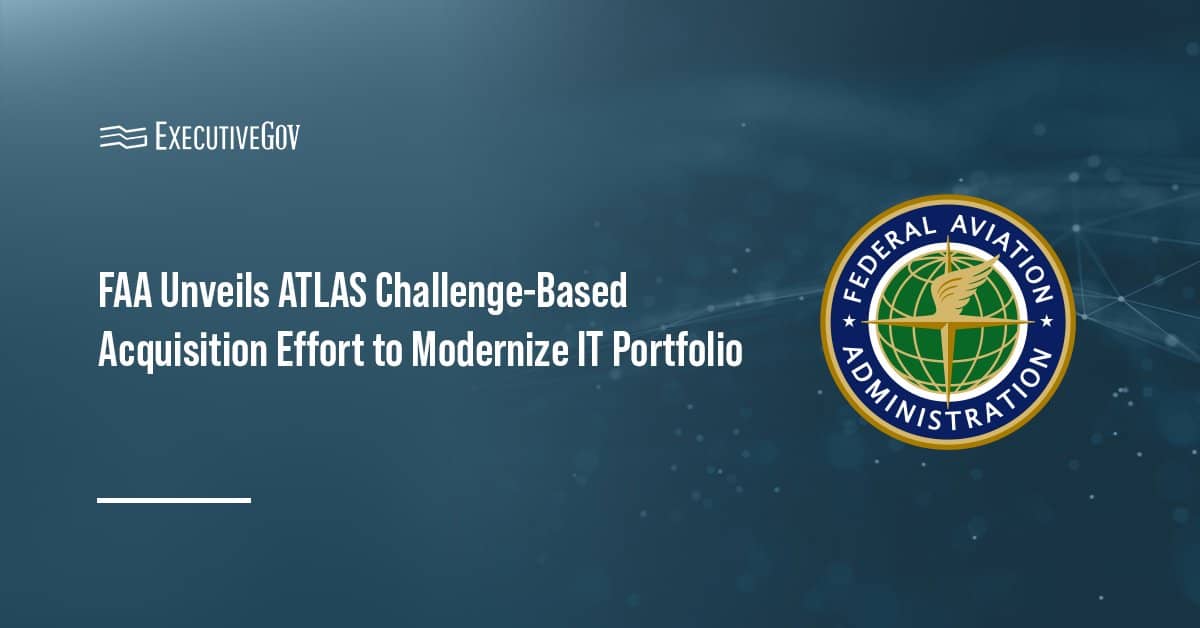The U.S. Navy has released a new 30-year shipbuilding plan that will see the decommissioning of 19 vessels in fiscal year 2025, USNI News reported Tuesday.
The plan says that the vessels, which include combat and support ships, are to be decommissioned to free up resources that can be invested in the building of platforms more capable of meeting current threats.
The plan also reveals that of the 19, 10 will not have reached their expected service lives.
The Navy is also projecting two funding scenarios that would determine the maximum size of its fleet by the 2040s.
The better funded scenario would see the Navy fleet reaching 381 hulls by 2043, the number needed for the service to meet its National Defense Strategy obligations.
The more austere scenario would see a fleet of 348 hulls by 2042. The Navy is reportedly preparing for this scenario.





